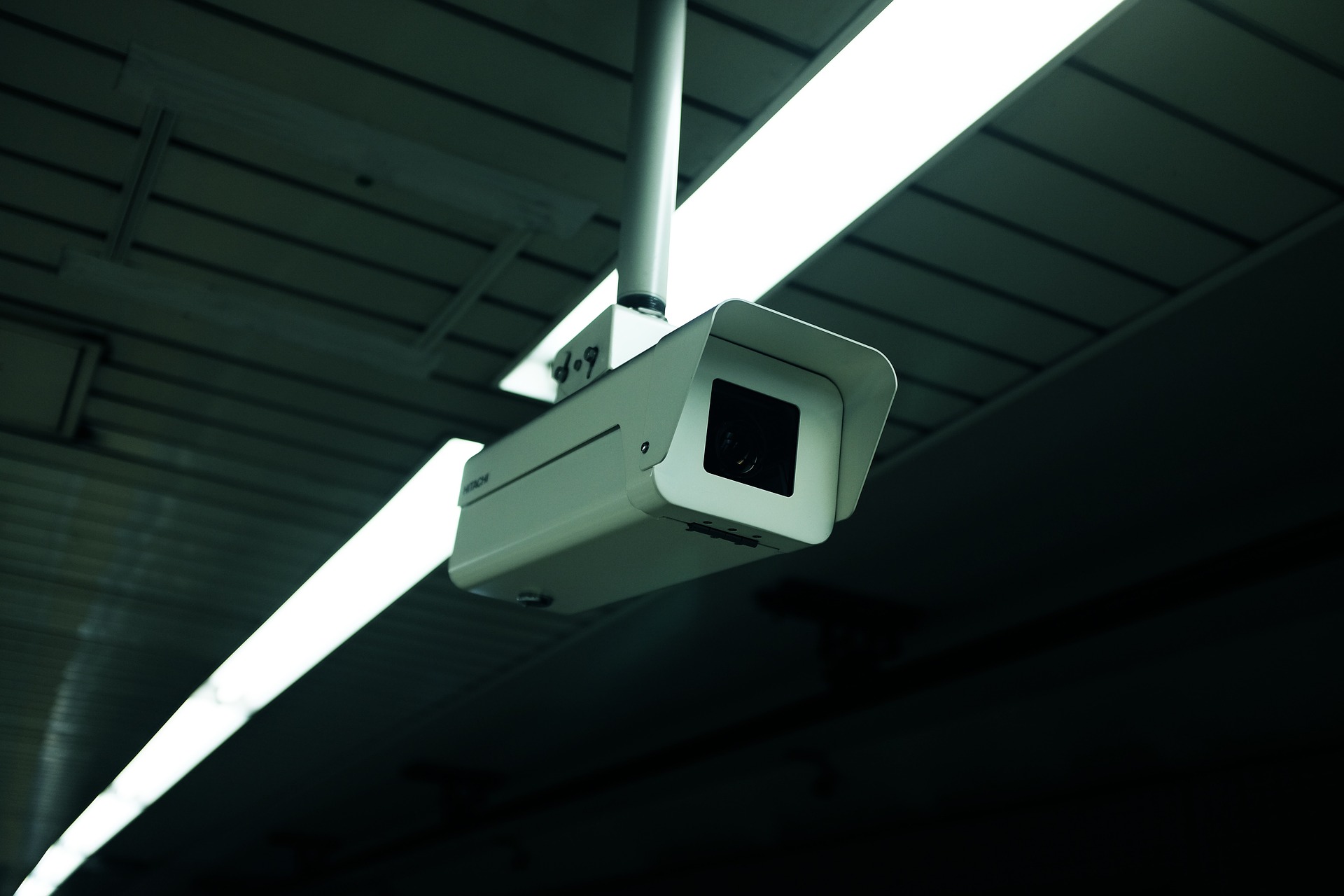
losed-circuit television (CCTV) surveillance systems serve various purposes and are used in a range of settings, including public places, businesses, homes, and more. The reasons for implementing CCTV surveillance can vary based on the context and the goals of the individuals or organizations using the technology. Here are some common reasons why CCTV surveillance is employed:
Security and Crime Prevention: a. Deterrence: Visible CCTV cameras act as a deterrent to potential criminals, reducing the likelihood of crimes such as theft, vandalism, or burglaries. b. Evidence Collection: CCTV footage can provide crucial evidence in case of criminal activities, aiding law enforcement in investigations and prosecutions.
Public Safety: a. Traffic Monitoring: CCTV cameras help monitor traffic flow, detect accidents, and manage traffic effectively, contributing to road safety. b. Crowd Control: CCTV is used in public spaces to monitor large gatherings and events, ensuring safety and security.
Employee and Workplace Monitoring: a. Employee Productivity: Employers may use CCTV to monitor employee performance and behavior in the workplace, promoting productivity and adherence to policies. b. Preventing Employee Theft or Misconduct: CCTV can discourage employee theft, unauthorized access, or other inappropriate behaviors within the workplace.
Visitor Verification: a. Access Control: CCTV can be integrated with access control systems to monitor and verify individuals entering restricted areas, enhancing security. b. Visitor Logs: Recording visitors' activities and interactions can enhance safety and provide a record of who entered and exited a premises.
Prevention of False Claims: a. Insurance Purposes: CCTV footage can be used to verify insurance claims, particularly in cases of accidents, injuries, or property damage, reducing fraudulent claims.
Remote Monitoring: a. Remote Surveillance: CCTV systems can be accessed remotely, allowing users to monitor their property or premises in real-time from anywhere, providing peace of mind.
Risk Management: a. Identifying Hazards: CCTV can help identify safety hazards in a facility or public area, enabling timely intervention to mitigate risks.
Evidence in Disputes: a. Dispute Resolution: CCTV footage can serve as evidence in civil disputes, workplace conflicts, or other legal matters.
It's important to balance the benefits of CCTV surveillance with privacy concerns and ensure compliance with applicable laws and regulations regarding the use of surveillance systems. Respecting privacy rights and obtaining consent when necessary is essential in deploying CCTV systems responsibly.